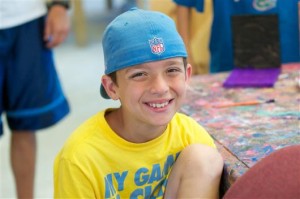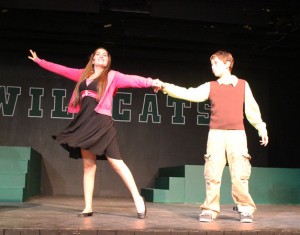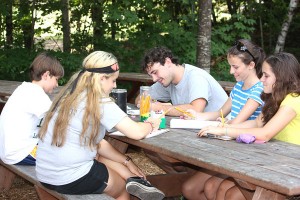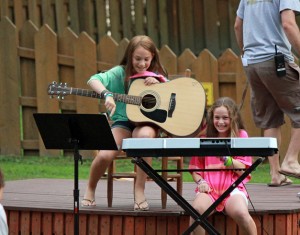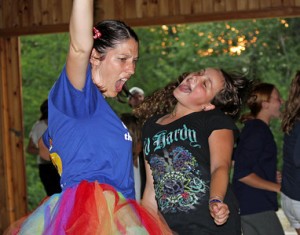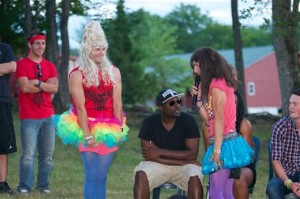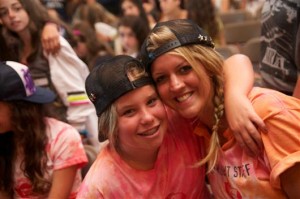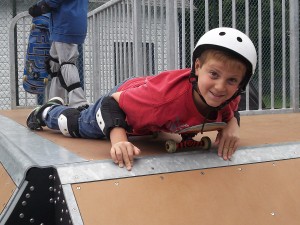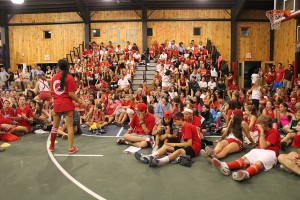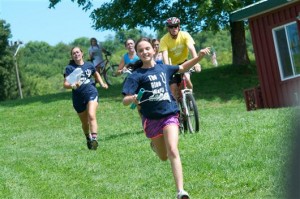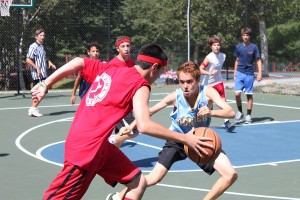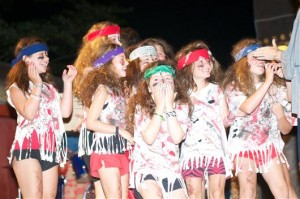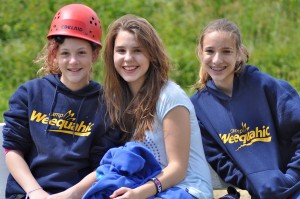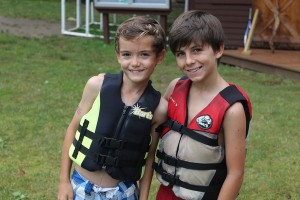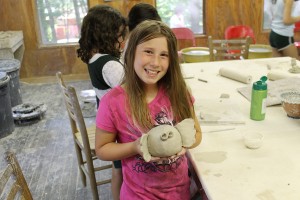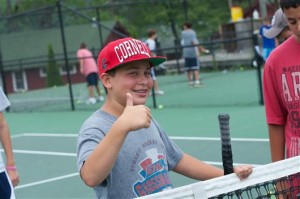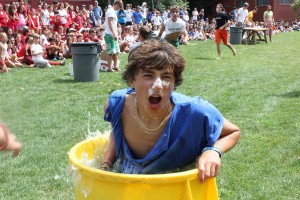 The holidays are around the corner. During that time of year, the word “tradition” gets thrown around a lot. But how many people actually understand what tradition is really? Perhaps it’s the emphasis on forward thinking and constantly in-motion global community that has caused many to confuse “tradition” with “routine.” They’ve both become something that we do on a regular basis in order to establish or maintain a consistency or pattern in our behavior. So what really distinguishes “tradition” from “routine”?
The holidays are around the corner. During that time of year, the word “tradition” gets thrown around a lot. But how many people actually understand what tradition is really? Perhaps it’s the emphasis on forward thinking and constantly in-motion global community that has caused many to confuse “tradition” with “routine.” They’ve both become something that we do on a regular basis in order to establish or maintain a consistency or pattern in our behavior. So what really distinguishes “tradition” from “routine”?
First, routine is something that one person does but might not necessarily have in common with others. Most people brush their teeth at some point in time in the morning. Few people do it at exactly the same time. Some shower first. Others eat breakfast. Eventually, everyone brushes their teeth but the experience is, for all intents and purposes, individual. There is no shared significance.
Tradition, on the other hand, is by definition community oriented. It’s a shared custom, belief, or activity with a common understanding of the 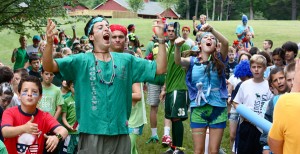 reason for its practice. Many of us eat turkey at Thanksgiving because we symbolically associate it with that first meal between the pilgrims and native Americans. It’s a tradition.
reason for its practice. Many of us eat turkey at Thanksgiving because we symbolically associate it with that first meal between the pilgrims and native Americans. It’s a tradition.
Second, routine, unlike tradition, is not necessarily multi-generational or even long-term. It’s something done for a specified length of time. While we maintain some routines for all or much of our lives, others are short term. If one gets the flu, for instance, one might temporarily take up a routine of antibiotics. But once the flu subsides, so does that routine.
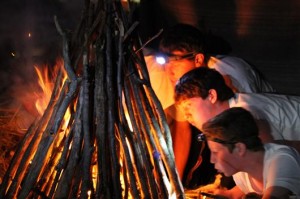 On the other hand, tradition is something that is a common bond between multiple generations. It’s an acknowledgment that an event or action was significant to someone tied to our past, and the observance of traditions our way of paying tribute to that event or action as well demonstrating our understanding of it.
On the other hand, tradition is something that is a common bond between multiple generations. It’s an acknowledgment that an event or action was significant to someone tied to our past, and the observance of traditions our way of paying tribute to that event or action as well demonstrating our understanding of it.
Finally, routine is task oriented. We take up routine in order to accomplish a goal. There is an intended result in routine. Tradition, however, is an observance. Routine is a way of moving forward, whereas tradition pays tribute to the importance of the past.
By now, you’re surely asking yourself what any of this has to do with summer camp.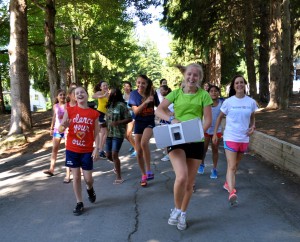 Simply this: in a culture that places a significant amount of importance on the establishment of routine, the value of tradition is increasingly less understood and appreciated. Summer camps, however, are grounded in tradition. They’re a place where campers and staff members alike get refresher courses in the power of tradition. Whether it’s at a campfire, a sing along, or an activity specific to the camp, there are literally hundreds of opportunities every summer for those at a summer camp to bond through tradition. Many former summer campers and staff members actually name “tradition” as one of their highlights of summer camp. So if tradition has become an element of holidays past, consider giving your children a future opportunity to enjoy tradition at summer camp in 2013.
Simply this: in a culture that places a significant amount of importance on the establishment of routine, the value of tradition is increasingly less understood and appreciated. Summer camps, however, are grounded in tradition. They’re a place where campers and staff members alike get refresher courses in the power of tradition. Whether it’s at a campfire, a sing along, or an activity specific to the camp, there are literally hundreds of opportunities every summer for those at a summer camp to bond through tradition. Many former summer campers and staff members actually name “tradition” as one of their highlights of summer camp. So if tradition has become an element of holidays past, consider giving your children a future opportunity to enjoy tradition at summer camp in 2013.

 570-798-9831
570-798-9831



